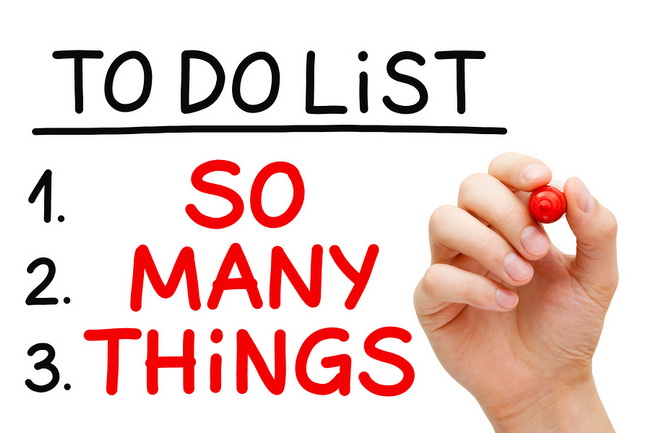- Make It Yourself Lavender Heart-Shaped Bath Bombs!
- 20 Things You Never Knew About “Down There”
- 12 Best Foods For Those Suffering From Arthritis Pain
- 12 Personal Hygiene Mistakes Almost Everyone Makes (Mom Never Told You About #4!)
- 15 Medicinal Plants And Herbs From The Cherokee People
- 12 Mind-Blowing Benefits Of Drinking Coconut Water During Pregnancy
- 12 Outstanding Winter Foods That Won’t Fatten You Up Like A Christmas Turkey
12 Tools To Calm The Anxious Mind (#8 Works Every Time)

Photo credit: bigstock.com
7. Label It
Try labeling the thought that you are having, rather than paying attention to it. For example, when you have a thought and make a judgment call, label that thought “Judgmental.” When you are worrying about something (especially things over which you have no control) simply label that one “Worry.” When you criticize yourself, label it “Criticizing.” Try not to notice what the thought is actually about, just label it and move on. If it helps, imagine a box or a file cabinet where you mentally put each thought in its own “file,” then close the drawer.
8. Make a Question Checklist
Begin to make a question checklist every time you start to feel anxiety over a situation. Don’t throw it away when you are done — you will add to it as time goes on. As your checklist becomes longer, you will find that your thoughts become clearer and more realistic, calming your anxiety. Questions you can use include things like: Is there actually something wrong, or am I just worried about something going wrong? What proof do I have that something is wrong or will go wrong? Am I blowing this out of proportion? Do I have other options? What other things should I do if this does happen?
9. Stay in the Present
So much of what we worry about never happens. Your worrying did not change the situation; you only did harm to yourself by going over and over a negative situation that never happened. Even worrying that whatever happened in your past will happen again is a waste of time. Are you the same person now as you were then? Try asking yourself if your circumstances have changed, or if you have changed. Focus on what you can do and what you know today — not yesterday, not tomorrow, but today.
Continue to Page 4
































